Chinese-Canadian star Kris Wu was given a 13-year prison term by a Beijing court on Friday after he tricked women into having sex, and he will be deported at the end of the sentence.
Wu was convicted of rape and assembling a crowd to engage in promiscuous activities, according to the Beijing Chaoyang District People's Court.
From November to December 2020, Wu forcibly had sex with three women at his residence after the women had been drunk and did not know or could not resist, and on July 1, 2018, Wu worked with others to organize two other women to engage in promiscuous activities after drinking alcohol in his home, according to the court.
It said that the punishments were given based on facts of the offenses, situations and consequences. Wu's trial was held in June, but the case was not heard publicly due to victims' privacy concerns.
Officials from the Canadian embassy in China attended the ruling.
Also on Friday, Wu was fined about 600 million yuan ($83.7 million) for tax evasion, according to the Beijing Municipal Tax Service of the State Taxation Administration.
Between 2019 and 2020, Wu was found to have evaded 95 million yuan in taxes by means of faking income and concealing his personal gains through multiple affiliated companies at home and abroad, and also underpaid other taxes of 84 million yuan, the authority said.
It added that tax departments in the capital will continue supervising the entertainment industry and stringently punish those who evade taxes.
Wu, 32, a singer and actor, once had more than 50 million followers on Sina Weibo, China's Twitter-like platform.
In June last year, a woman calling herself Du Meizhu posted statements online, alleging that Wu had lured young women and girls under the age of 18 to have sex with him in the name of recruiting actresses.
Du claimed that she was one of the victims.
Wu was detained by Chaoyang police the following month.
After the case was exposed, a number of brands cut their business ties with the star, who was born in Guangdong province, and his promotional activities were also canceled.
Since then, TV, film and music industry associations in China have called for celebrities to behave themselves and focus more on their professions to advance development of the entertainment industry and set good examples for the public.
The country's regulators for cyberspace, radio and television also stepped up efforts to regulate the entertainment industry, launching a campaign regarding online variety shows in a bid to curb irrational worship of superstars and misconduct committed while supporting idols.










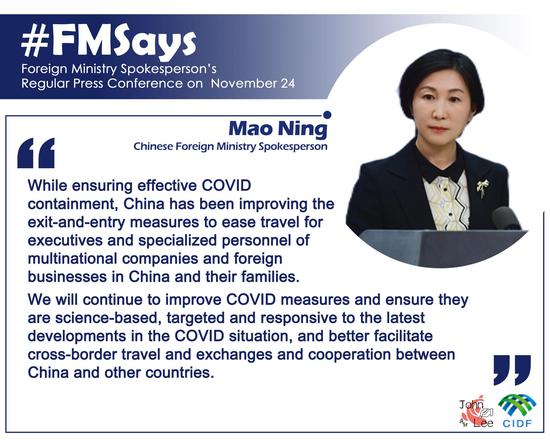
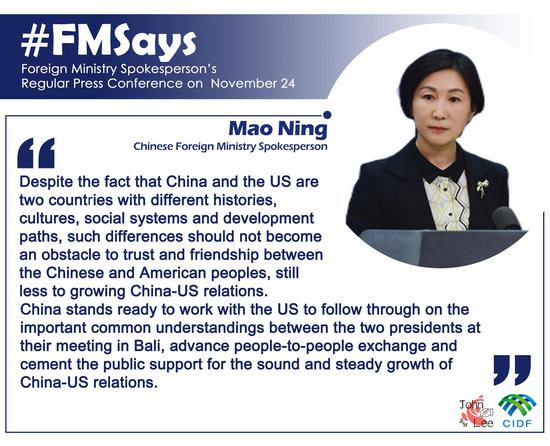






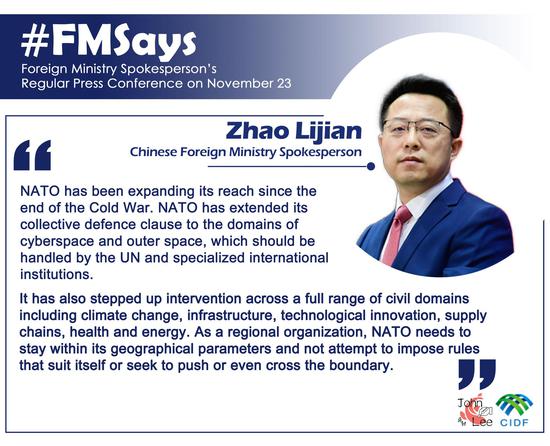
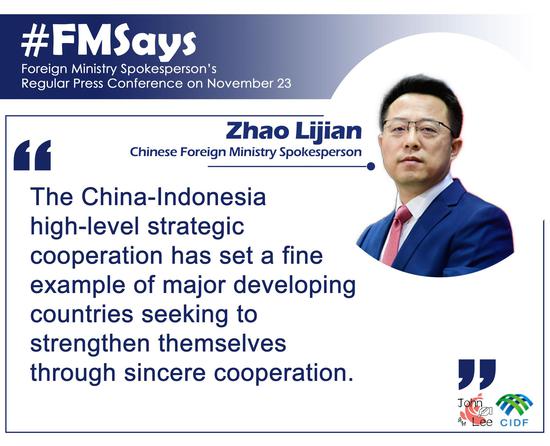





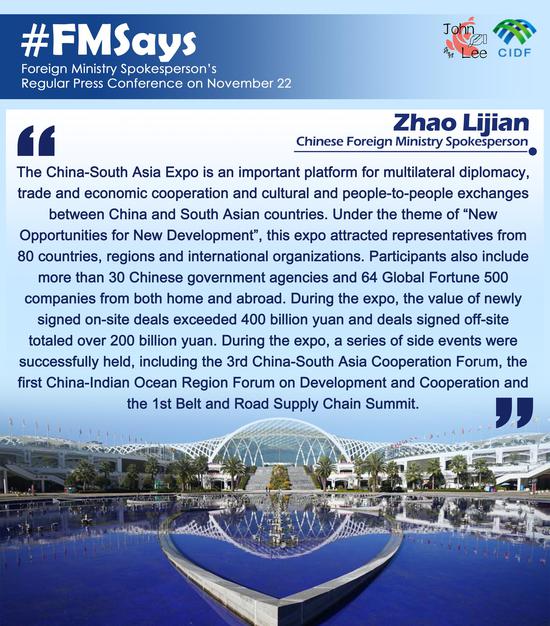
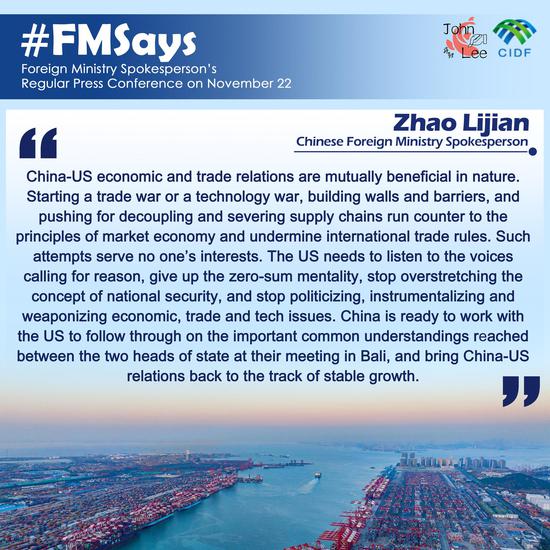

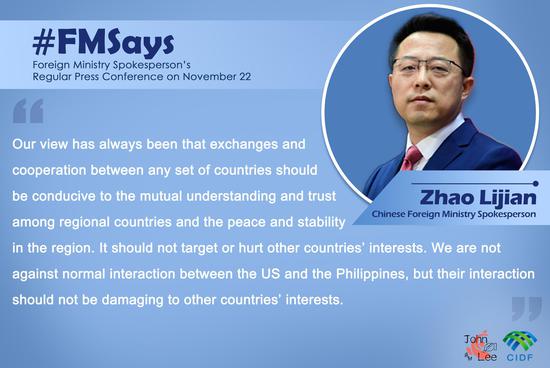


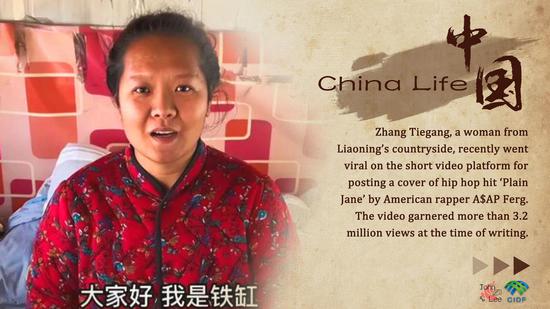
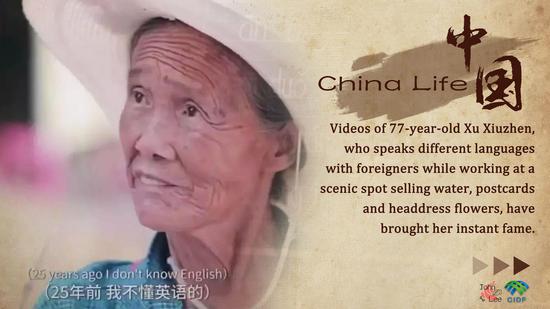

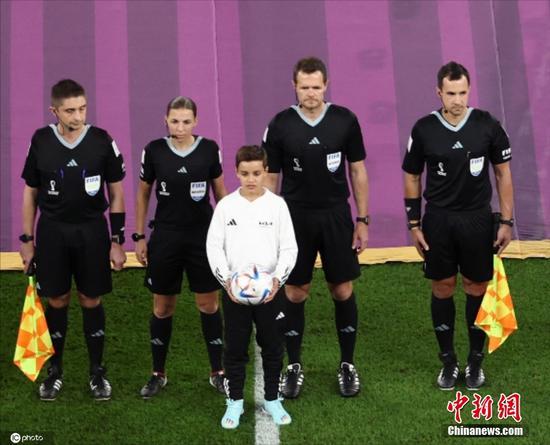



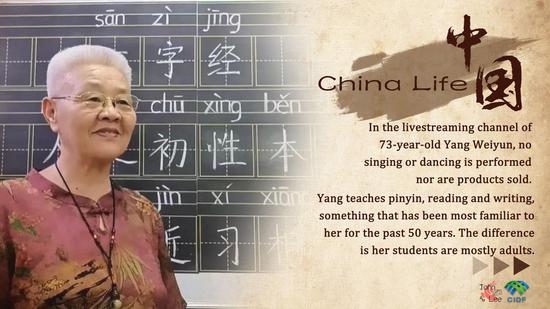




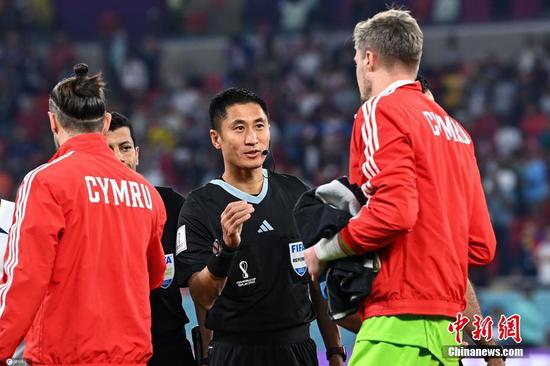






 京公网安备 11010202009201号
京公网安备 11010202009201号